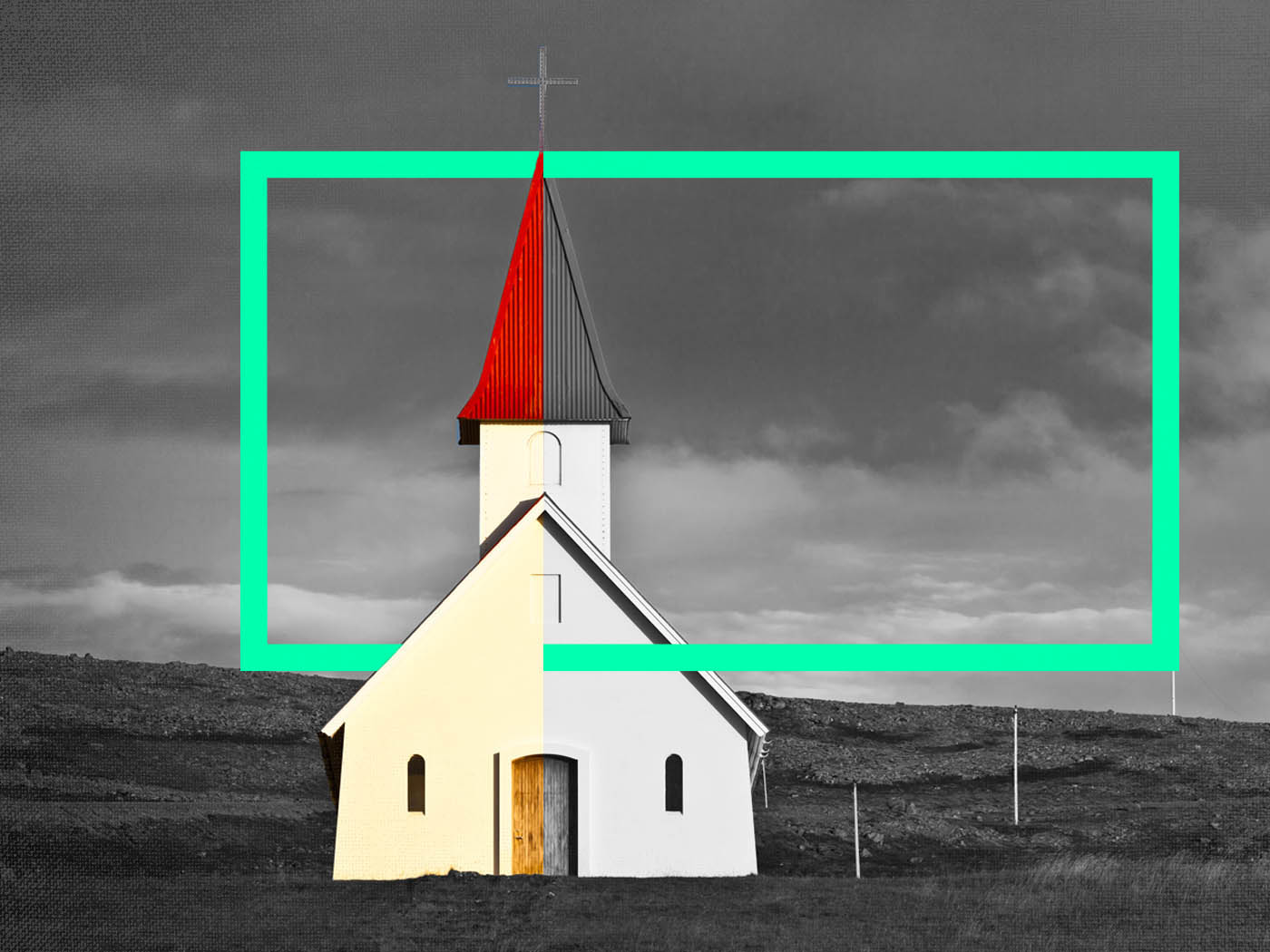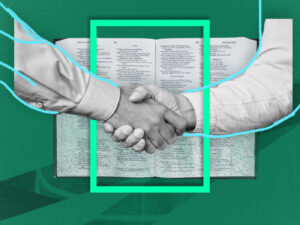As I answered my phone, the voice on the other end was hesitant. As he continued, I realized quickly this was a call I had received already too many times in past years. It was different in the ‘why’, but the same in the ‘what’. He was leaving his church. I couldn’t stop my head from running in circles trying to figure out what had led to this. Suddenly there was a moment of panic, what about the 15 people who were left at the church? What will they do? Can they keep the lights on? Will we have to close another church?
If you are tired of reading articles about the statistics of pastors who are leaving the ministry or churches that are closing their doors, you are in great company. Unfortunately, every year there are churches in every local association who find themselves without a pastor. Every single one of those churches must wrestle with not only the loss, but also with what to do.
Within just the last 3 years around 33% of the churches in my region have been pastorless.
There are a thousand reasons why a pastor leaves his church. In every case it’s a shock to the church’s system. In a large percentage of instances, it is similar to losing a loved one. At the very least, the church was not expecting the loss nor were they ready for the pastor to no longer be there. Within just the last 3 years around 33% of the churches in my region have been pastorless. Every situation has been different in why the pastor left, but almost the same in the initial concern: What do we do this Sunday?
From efforts to help these churches, I have noticed a pattern of events that usually plays out a little like the following. First, depending on the size of the church, either someone from within the church or myself is usually asked to preach the first Sunday after the pastor’s departure. We do our best to help make sure the pulpit is occupied, and the word of God is preached. Second, the church begins to form a search committee and then opens a window of time to receive resumes. This is usually a process that requires patience, especially if the church is not offering a full-time position. Third, the committee begins the process of sorting through resumes from interested individuals, many of whom have never visited their community or possibly even the state. Finally, once they have narrowed down a candidate, they hope that individual will say ‘yes’ and actually be a good fit for their church. Meanwhile, the church is trying to do all of the things, including Sunday morning services, that the pastor was responsible for.
We hear all the time that churches plant churches, but what about churches helping churches.
I know this sounds like a whole lot of fun, but what if there were a different way? We started asking that question last year in my Southern Colorado region. What if there was a different or even healthier option to help a church transition after a pastor leaves? As we were struggling to answer this question, fearing that many of the churches might die if they attempted to go through the traditional process, something happened. Pastor after pastor expressed the same desire. They each said, “Let me know if there is anything we can do to help the churches without pastors.” It felt like the answer was right under our noses. We hear all the time that churches plant churches, but what about churches helping churches. That single thought led to the simplest of solutions.
In January of this year, we started creating a strategic partnership between First Southern Baptist Church, La Junta and Cheraw Baptist Chapel. Many pastors in the association expressed their willingness to help. We just connected the dots to the closest church, geographically speaking, that had the capacity and willingness to partner with the church whose pastor had left.
Here are some of the simple details about what is being created and put into place, both between these two churches, and in several other new locations as you read this.
The first thing to figure out was what to do on Sundays. As a Regional Director, I was able to be present and available the first few Sundays. This allowed me to assess the situation and help the church begin to process what had happened.
I strongly believe that local churches are contextually and practically the best option to help other churches that find themselves in need.
The second thing we did was connect Brandon Mills, the pastor of FSBC, La Junta to the people of Cheraw. Because his church was within 10 minutes, he was able to offer the two most essential first pieces, shepherding and Sundays. We started live streaming his church service into the Cheraw service most Sundays. The beauty is this: It gave the church a runway to assess where they were and what needed to be done to continue to make much of Jesus in their community. Over the next few months, we met with the church to help them both grieve and eventually start conversations about the future. Having a local pastor and church be present and help care for them made the process much easier. They knew they were not alone.
The next thing we did was create what the strategic process would look like for them. Since every situation is different, we took the time to listen and pray about what God would desire for their church in the future. In the While praying and processing, the decision was made to enter into a 3-4 year strategic partnership, where the Cheraw church would be adopted by La Junta and begin the process of replanting. This included Brandon’s church in La Junta assessing what they were willing and able to commit to. The end goal would be to slowly, over a few years, build up the church in Cheraw to the point where they would be self-sustaining and autonomous again.
I believe every church is in one of two places: Either you are in need and could use a strategic partnering church or you are a healthy church who should be partnering with a church in need.
Brandon and I are working with Cheraw to finalize the details of this strategic partnership. Truthfully, Brandon has really taken the reigns and is running the process along with his church and doesn’t need much from me. We have found a leader who was already living in the region to lead the Cheraw church. In the next few months, the two churches should be partnered together like a mother church and an adopted church, moving toward eventually becoming two autonomous churches who partner together to help other churches in need.
The beauty of strategic partnerships is that they will look different in every situation. They could range from one month to a few years based on the need. I strongly believe that local churches are contextually and practically the best option to help other churches that find themselves in need.
Sometimes, in the midst of hard situations, the Spirit breaks through. I believe every church is in one of two places: Either you are in need and could use a strategic partnering church or you are a healthy church who should be partnering with a church in need. There really is no middle ground. My questions for you are which one are you and how can we help?






